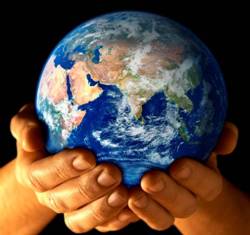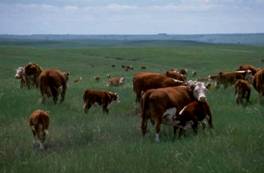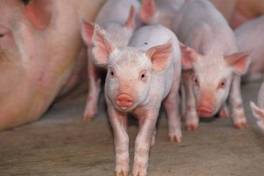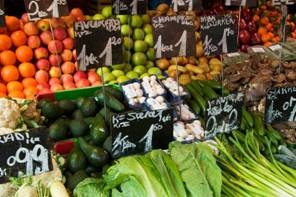Ditch meat and save the earth
We are often reminded that, for the good of the planet, each of us needs to reduce our carbon footprint. By now we all know that we can use less energy by switching off lights, by heating our homes to a lower temperature, by using our cars less and by eating food that is grown locally. However, did you know that one of the quickest, simplest and most effective ways of helping our planet is to reduce the amount of meat we eat? Giving up meat for just one day a week can make a significant difference. It’s estimated that even in countries with small populations like Australia, giving up meat for one day a week would save over six million tonnes of greenhouse gases in a year. |
|
|
Why does giving up meat make a difference? It is far more efficient to grow food to feed people directly. For every kilogram of feed a cow eats, and every 11,000 litres of water used, we get back just one burger. Producing one kilogram of beef takes over 50,000 litres of water. Compare that with the 1550 litres of water it takes to produce one kilogram of rice. It’s not just that cattle use enormous quantities of water and eat more food than they produce as meat. Livestock are also a major source of methane, which is as damaging a greenhouse gas as carbon dioxide. We’re talking here of all animals raised for food – pigs, goats, hens, sheep, etc. Scientists at the Netherlands Environmental Assessment Agency estimated that cutting back on meat could wipe $20 trillion from the cost of fighting climate change through decreasing greenhouse gases, creating carbon sinks in the form of unused farmland and by reducing the need for technologies such as ‘clean coal’. (New Scientist, Feb. 2009) |
|
|
What are the other benefits of eating less meat?
When giving up meat for just one day a week can make this difference, imagine what you could achieve by reducing your consumption of meat even more! |
|





